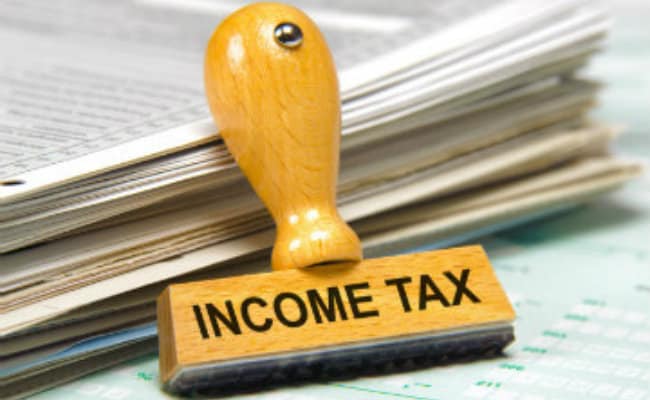Things You Should Know Before Filing Your Income Tax Returns (ITR)

The department is providing pre-filled ITR-1, ITR-2, ITR-3 and ITR-4 forms.
The last day for filing Income Tax Return (ITR) for assessment year 2019-20 (financial year 2018-19) is July 31. This time, the income tax department has introduced pre-filled ITR (Income Tax Return) forms for certain class of taxpayers. The department is providing pre-filled ITR-1, ITR-2, ITR-3 and ITR-4 forms available for download as XML files. These pre-filled forms contain details of income and taxes paid by assessees during the year. The department obtains these details from third party agencies like banks, mutual funds, credit card companies and sub-registrar etc. (Also read: Seven income tax return forms and who can use them)
However, the tax department has advised the taxpayers to re-check these information before submitting the income tax return as there are chances that discrepancies could creep in while furnishing of this data.
Contents
Who is required to file an income tax return (ITR)?
Individuals having an annual income of Rs. 2.5 lakh or more are mandatorily required to file income tax returns, according to the Income Tax Department’s website. For senior citizens (individuals between 60 years and 80 years of age), the limit is Rs. 3 lakh, and for very senior citizens (aged above 80 years), the limit is Rs. 5 lakh, according to the taxman. Non-filing of return of income may result in penalty and prosecution, according to the Income Tax department.
Here’s how you can file your income tax return (ITR) online through the Income Tax Department’s e-filing portal (incometaxindiaefiling.gov.in):
Step 1: Individuals who wish to file income tax return will have to register with the Income Tax Department’s e-filing portal – incometaxindiaefiling.gov.in – using their Permanent Account Number (PAN).
Step 2: They will have to then prepare and submit their return and income tax and interest if any will be automatically calculated.
Step 3: After submitting the return individuals need to verify their returns and that can be done using Electronic Verification Code (EVC) or Aadhaar OTP or digital signature certificate.
[“source=ndtv”]

